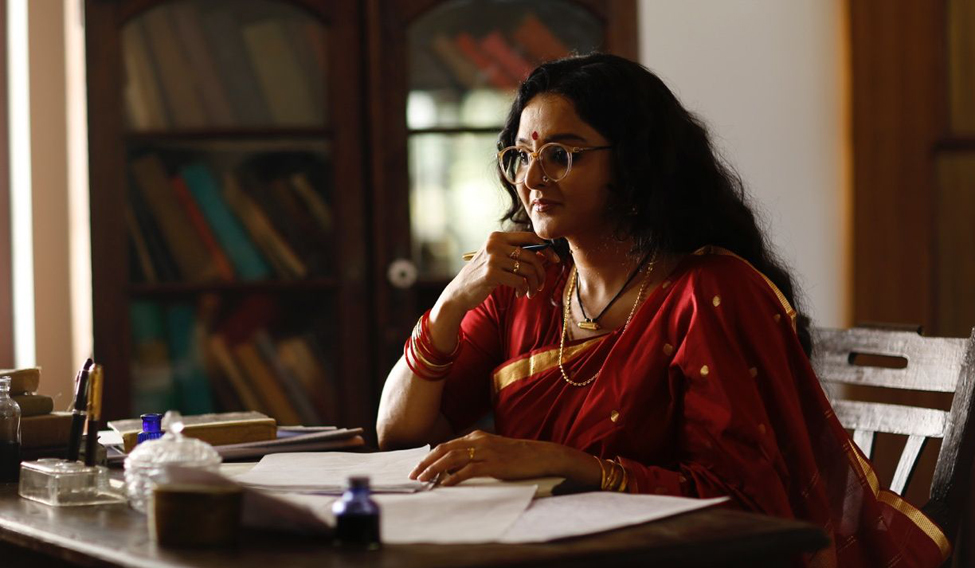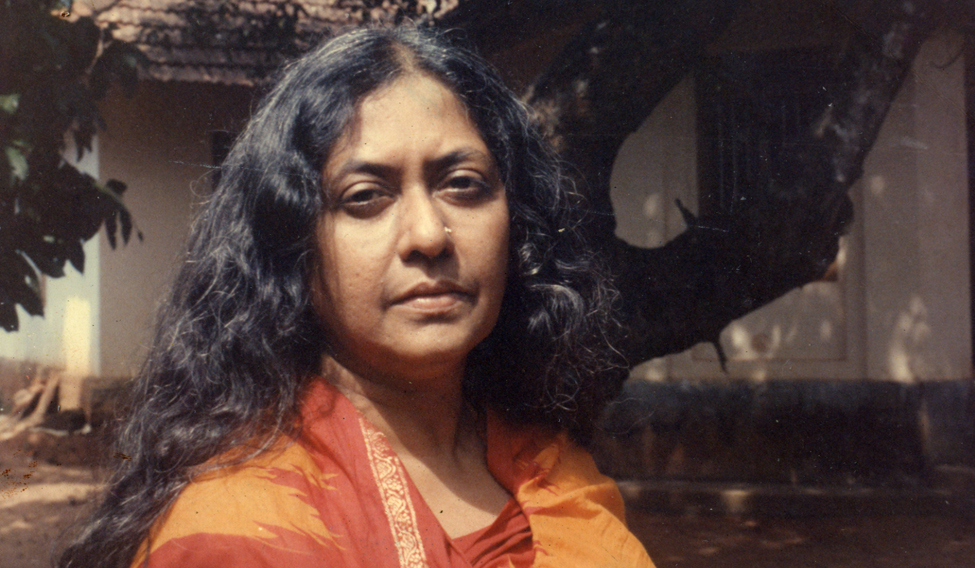Confession: I read writer Kamala Das’s seminal work My Story after the movie on her life, Aami, came out. If the movie outlined the brushstrokes of her life, the book brought alive the lushness of her mind. Yes, she wrote freely about sex, puberty, menstruation, infidelity and homosexuality. It was perhaps revolutionary in her time, when Malayali society was held within the rigid confines of hypocritical puritanism. On being asked why her book shocked the Malayali audience, she said that it never did – they were pretending to be shocked to prove their innocence. For women reading her work then, it might have been a liberating experience. But for someone reading it today, it almost feels chaste.
When you take the shock value out of Das’s work, you loosen her from the constricting limits of her legacy. She is no longer merely the trail-blazing feminist who dared to write the truth about female sexuality. You see what lay beyond, someone who yearned for the profundity of love that’s transcendental. She never got that. So, she settled for the prosaic-ness of love that’s sexual. Her body afforded her that, and her pen expressed it. Her writing was so alluring because it captured the earthiness of sexuality and encased it within the otherworldly purity of sensuality, thus giving a sort of validation to the ‘dirty’ urges of a woman’s body. She was one of the first to teach us it’s okay to desire, not just with our minds, but also with our bodies
I think she did not set out to be a divisive figure. She set out to bare her soul. I don’t think that was a conscious decision. A writer often cannot choose what she writes about. It comes to her naturally. All Das did was display the courage to bring forth the words that were clanging inside her. After the film came out, I read two reviews, both criticising the maker for sanitising her personality. The charge against him was that he tried to “salvage the notoriety of the woman who wrote Ente Kadha, according to one reviewer. She is not the woman who revels in erotica only when she holds the pen, it said in the review. Maybe she’s not, but I don’t think the filmmaker fails to ‘breathe intensity’ into her personality for not doing so. What does it matter that she reveled in erotica when it did not define her?
Her eroticism was merely an outgrowth of an insecurity born of not getting the love she yearned for—from her parents or her husband. Her father was always busy with his work at the automobile firm where he was employed, selling Rolls Royces, Humbers and Bentleys to Indian princes and their relatives. Her mother, she says, was vague and indifferent and spent her time lying on her belly on a large four-post bed, composing poems in Malayalam. Her husband, an employee at the Reserve Bank of India, was 20 years older to her and turned to her mostly for sex.
 (File) Actor Manju Warrier as Kamala Das
(File) Actor Manju Warrier as Kamala Das
“I was at that time deeply in love with him and would have undergone any torture to be able to please him, but my body was immature and not ready for lovemaking,” she writes about sex with her husband when she first got married to him at the age of 15. “For him such a body was an embarrassment, veteran that he was in the rowdy ways of sex which he had practiced with the maids who worked for his family. I thought then that love was flowers in the hair, it was yellow moon lighting up a familiar face and soft words whispered in the ear…”
Paradoxically, the more she was disrobed of her fantasies, the more she took refuge in them. The more her husband disillusioned her of notions of love, the more she invented imaginary refuges for the immense love she wanted to give and receive.
“Like alms looking for a begging bowl was my love which only sought for it a receptacle,” she wrote. “At the hour of worship even a stone becomes an idol. I was perhaps seeking a familiar face that blossomed like a blue lotus in the waters of my dreams. It was to get closer to that bodiless one that I approached other forms and lost my way. I may have gone astray, but not once did I forget my destination…”
Her writing was both fantastical and feminist, but I think it was the fantasy that defined it and the feminism was merely incidental. As she wrote: “The essence of the writer eludes the non-writer. All that the writer reveals to such people are her oddities of dress and her emotional excesses. Finally, when the muscles of the mind have picked up enough power to read people’s secret thoughts, the writer shies away from the invisible hostility and clings to her own type, those dreaming ones, born with a fragment of wing still attached to a shoulder.”







